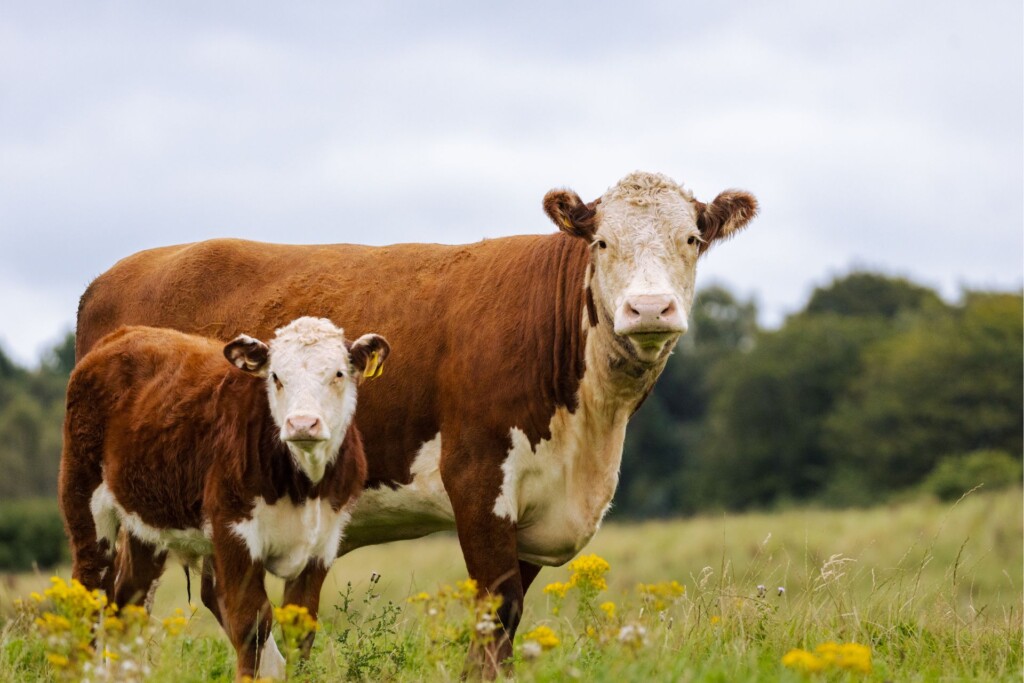Farmers and rural business owners across the UK have spent the past year trying to navigate the changes announced in Chancellor Rachel Reeves’ 2024 Budget and what they mean for their estates.

Lodders has been working closely with clients across the rural sector to provide strategic estate planning support and expertise. Our agriculture and rural solicitors outline the key changes and provide top tips for securing long-term business continuity across generations.
Key changes
For the rural business community, the key changes to capital taxation announced in the Budget were the new rules surrounding Agricultural Property Relief (APR) and Business Relief (BR) with combined reliefs at 100% capped at £1m and 50% available on any excess.
However, it is important to remember that farmers will still have their inheritance tax (IHT) allowance of £325,000 plus a £175,000 residence nil rate band allowance available in certain circumstances. This gives a total of £1.5m available before IHT becomes payable.
Married couples will have their combined IHT thresholds and Residence Nil Rate Band allowances of up to £1m, along with the combined APR/BR allowance, giving a figure of up to £3m before IHT is payable.
Estate planning: top tips for farmers
If you have not yet engaged with succession planning, here are some key points to consider:
Tip 1: For assets exceeding £1m, farm businesses should consider transfers to the next generation at least 7 years before death to maximise inheritance tax efficiency, rather than relying on passing assets via a will. Gifting business assets during your lifetime can offer an effective vehicle for transferring them to the next generation in a tax-efficient manner, whilst ensuring continuity and control.
Tip 2: For married couples, there may be the option to restructure wills to ensure that assets qualifying for APR or BR on the first death pass to the next generation rather than to the surviving spouse, thereby minimising the value held in the latter’s estate. Equalising business assets between spouses may also help secure relief on the first death and maximise the overall available reliefs.
Tip 3: You may wish to explore Family Investment Companies (FICs) – an alternative to trusts. These are private limited companies established with the purpose of managing family wealth and are emerging as a popular inheritance tax planning strategy amongst high-net-worth families.
Tip 4: Reviewing partnership and business structures may facilitate a smooth transition of equity in the business, whilst preserving some level of control over assets and potentially, income, for the parents through appropriate share or voting structures.
Tip 5: Evaluate your pension and retirement planning. From April 2027, unused pension pots will become chargeable to inheritance tax upon death. Therefore, you should consider drawing down your pension pot and gifting excess income to the next generation.
We’ve reviewed our popular farm succession health check in the light of the recent Budget to help you get an insight into what you need to do to protect your farming business in the future. Take the health test here.
Early is better
The Budget certainly brought challenges for business owners and will require re-evaluation of existing estate and succession plans. However, with specialist legal advice and appropriate preparation at an early stage, many of the potential inheritance tax liabilities can be managed and mitigated in such a way as to reduce the overall liability. Indeed, there are structures that can be utilised, and Lodders can work alongside your existing tax adviser to structure your affairs in the most effective way for you, your family, and your business.
Contact usContact us
Need more advice?
For help with a legal problem or more information on any of our services at Lodders, please get in touch with our friendly team. You can contact us via the number or email address below, or fill in the form and we will get back to you as quickly as we can.

Contact a member of the team
Read more
Other news, insights and events







